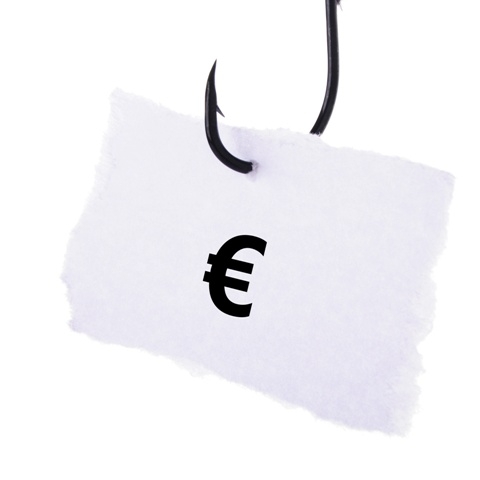Political agreement has been reached on setting new basic rules for the EU’s Common Fisheries Policy (CFP) and for a new common market organisation (CMO). The European Parliament is now to vote on a proposed new financial instrument to accompany this CFP reform and to promote the integrated maritime policy, based on a first reading report from the Committee on Fisheries (rapporteur Alain Cadec, EPP, France).
Some financial aspects

The budget of the proposed European Maritime and Fisheries Fund (EMFF) 2014-20 would be in the range of €6.5 billion, with the largest part supporting the CFP (except its international aspects, which will keep separate financing). Compared to the current European Fisheries Fund (EFF) 2007-13, the scope of the future instrument would be widened, also supporting the EU Integrated Maritime Policy (IMP) through actions like studies, information projects and technical tools for maritime surveillance (directly managed by the Commission). The future EMFF would see other financial changes compared to 2007-13. Shared management (between the Member States (MS) and the EU) of EMFF aims at simplification through alignment with general rules established for other EU funds: EMFF spending would follow the rules for cohesion policy (after the Commission amended its initial proposal in this regard). The bases for allocating total EU support amongst MS would however change: national allocations would not be set on a cohesion approach anymore (i.e. depending on national GDP), but based on sector-specific indicators (e.g. fisheries and aquaculture production, employment, share of small-scale fishing fleet), thereby reflecting more closely the importance of the sector concerned in each MS.
Support proposed by the Commission
To promote sustainability in fisheries and aquaculture and related activities, the Commission envisages numerous possible measures to support green fisheries and aquaculture, but emphasis would also be given to support to innovation and advisory services for both sectors. While the Commission proposes to cease some aid to fleet reduction (support to scrapping vessels, currently under EFF axis 1), some features of the reformed CFP, particularly the ending of discards in fisheries, would benefit from new and tailored funding. New measures would encourage new aquaculture farmers. Marketing and processing measures would contribute to reinforcing producers’ organisations, as promoted under the reformed CMO, but storage aid to fishery products would be phased out by end-2018. The EMFF would also provide means for proper implementation of the CFP in terms of control and enforcement and data collection, as well as to support development of fisheries areas (local partnership).
Council position
In July 2013, the Council agreed on a general approach, including the budget allocations and the provisions for suspending funding in case of infringement to CFP rules. Directors-General for fisheries from MS also recently met to discuss further the future EMFF.

Some stakeholders’ views
A coalition of environmental NGOs advocates increased means to support control and enforcement, as well as improved data collection. They strongly oppose possible subsidies which may contribute to destructive fishing practices, overfishing or overcapacity (notably aid to building or modernisation of vessels). The Conference of Peripheral Maritime Regions expresses concerns about budget limitations, including the possible ceilings on IMP, and argues in favour of EMFF support for the renewal and modernisation of the entire EU fleet.








[…] that would benefit greatly from such a boost is the troubled aquaculture sector. MEPs expanded the EUs Fisheries Fund last week to help the sector face its many […]